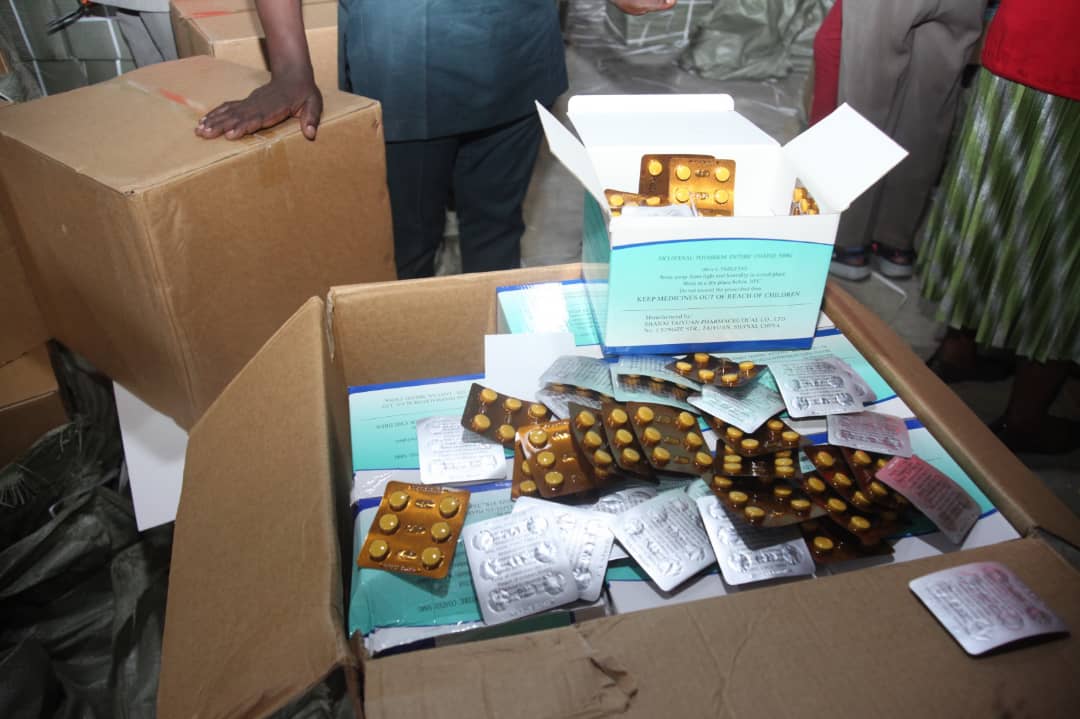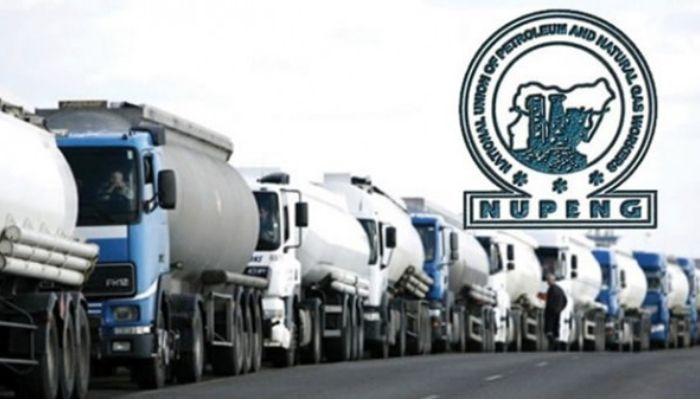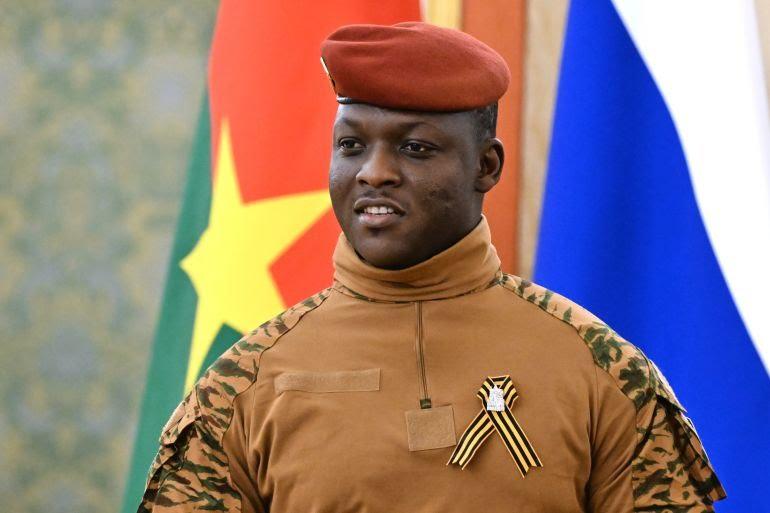Niger’s military government has officially made Hausa the country’s national language, replacing French in a symbolic break from its colonial past.
The announcement, made public through a new national charter recently, marks another major shift since the military ousted President Mohamed Bazoum in July 2023. Since the coup, the junta has cut ties with France, ordered out French troops, and renamed roads and monuments that once carried French names.
While English and French will still be used for official work and communication, the government says Hausa—spoken by a majority of Niger’s 26 million people—now stands as the national language. Regions like Zinder, Maradi, and Tahoua are strong Hausa-speaking areas.
Read also: Mali, Burkina Faso, and Niger impose 0.5% levy on imports
Only about 13% of Nigeriens speak French, mostly those in urban or elite circles. The move to recognize Hausa is seen as an effort to connect governance more closely with the people. Alongside Hausa, nine other local languages—like Zarma-Songhay, Kanuri, Fula, Arabic, and Gourmanché—are now officially recognized as spoken languages across the country.
The decision came after a national conference in February that gave more power to the ruling junta and allowed its leader, General Abdourahamane Tiani, to stay in charge for another five years.
Growing Distance from France and ECOWAS
Niger’s new direction mirrors similar steps taken by its neighbors Mali and Burkina Faso. All three countries—former French colonies now ruled by military governments—have pulled out of the Organisation Internationale de la Francophonie (OIF), a group of French-speaking nations.
They’ve also quit the Economic Community of West African States (ECOWAS), accusing the bloc of turning its back on them during years of deadly attacks by Islamist militants.
As part of their growing partnership, the three nations formed the Alliance of Sahel States (AES) in 2023. The alliance is no longer just about security. It’s evolving into an economic and political bloc of its own.
Meanwhile, just recently, the AES countries introduced a 0.5% tax on all imported goods, excluding humanitarian aid. The money raised will reportedly help fund shared projects, though exact details haven’t been released. The move also ends free trade with other West African countries under ECOWAS rules.








